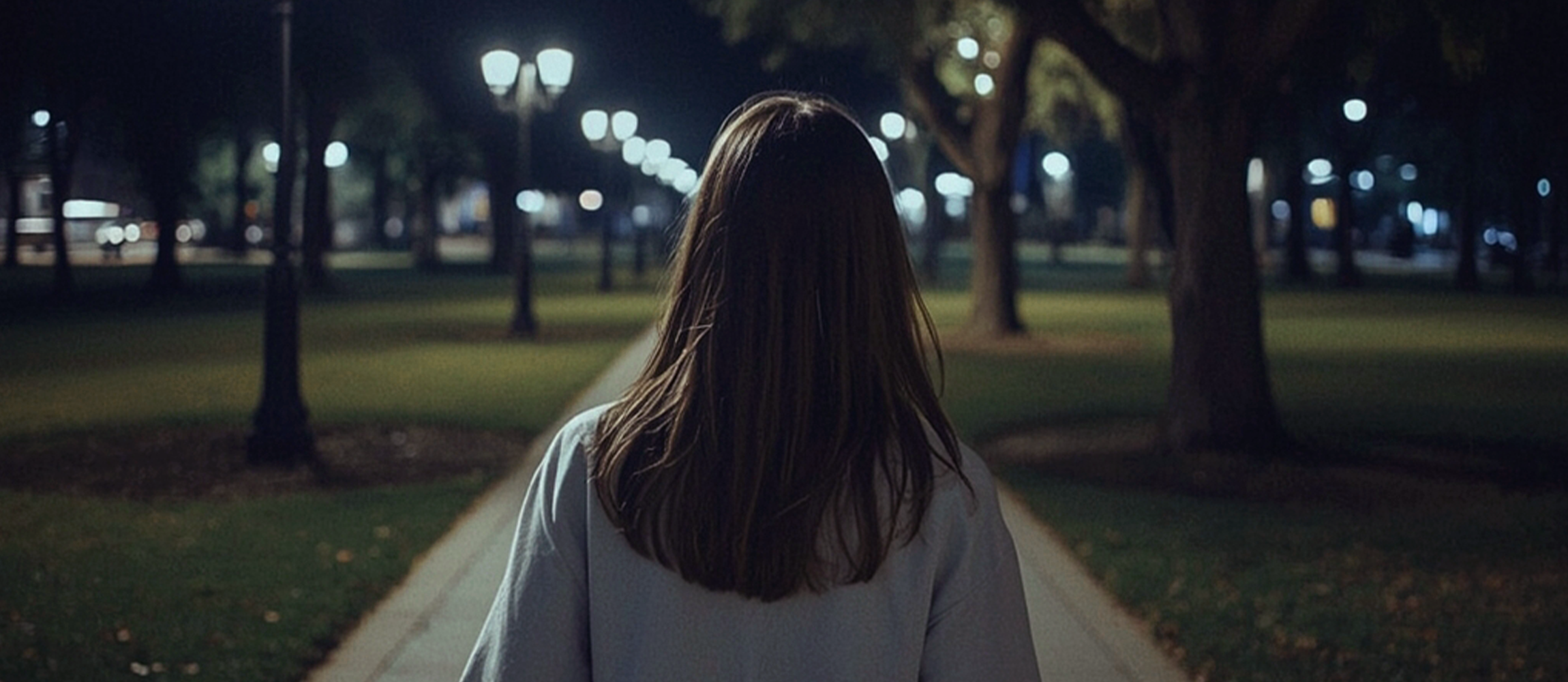|
|
|
.png)
Parks and green spaces should be places of freedom, safety and community. But for too many women and girls, they can feel anything but - particularly after dark.
According to the Office for National Statistics, 82% of women feel unsafe walking alone in parks after dark, compared to 42% of men. Even during daylight, 1 in 6 women feel unsafe visiting a park alone. Young people face similar concerns, with 40% of young girls aged 11-21 saying they feel unsafe outdoors (Girlguiding, 2020). The presence of vandalism, loitering and anti-social behaviour (ASB) only deepens that unease. Especially for those who’ve already experienced harassment or violence in public spaces.
At Purple Transform, we’re using technology to change this. With support from Connected Places Catapult and the Department for Transport (DfT), our project, ‘Safer Streets’, will help transport authorities identify and respond to incidents of ASB and harassment in real-time.
Our SiYtE platform brings together camera and audio analytics to detect and predict anti-social behaviour in real-time. But we don’t believe this capability should stop at transport hubs.

"As a woman, walking alone anywhere after dark has the potential to feel unsettling. It’s not just about catching ASB as it happens, it’s about creating environments where people, especially women and girls, feel safe from the outset." shares Caroline Cole, Head of Marketing at Purple Transform.
We’re now working to expand this solution into parks and green spaces, aiming to support local authorities and councils to monitor secluded areas, track entry points and detect early signs of disruption - without compromising privacy.
What this enables:
o Safer access for women, girls and vulnerable groups
o Reduced costs from vandalism and misuse
o Increased public trust in community spaces
o Encouraging inclusive, well-used and welcoming parks
“This is exactly where AI and technology should be focused, protecting people and reclaiming public spaces.” adds Caroline. “I know what it feels like when a space that should feel safe suddenly doesn’t, and I know too many women have. Safety in public spaces shouldn’t be negotiable.”
As cities expand, we must ensure our parks don’t become no-go zones, but thriving and inclusive spaces for everyone.